Optimal Timing for Waterproofing Applications
Waterproofing is a critical process to protect structures from water intrusion, preventing damage and prolonging lifespan. Proper timing ensures effective application and durability of waterproofing materials, reducing the risk of future issues.
Spring offers moderate temperatures and lower humidity, ideal for waterproofing projects. It allows sufficient curing time before summer heat or winter cold.
Summer provides warm, dry weather that facilitates quick drying and curing of waterproofing products. However, high temperatures should be monitored to prevent rapid drying.
Fall is suitable for waterproofing before winter, with cooler temperatures and less rain. Proper scheduling avoids exposure to early winter moisture.
Winter is generally unsuitable due to freezing temperatures and high moisture levels, which hinder application and curing processes.
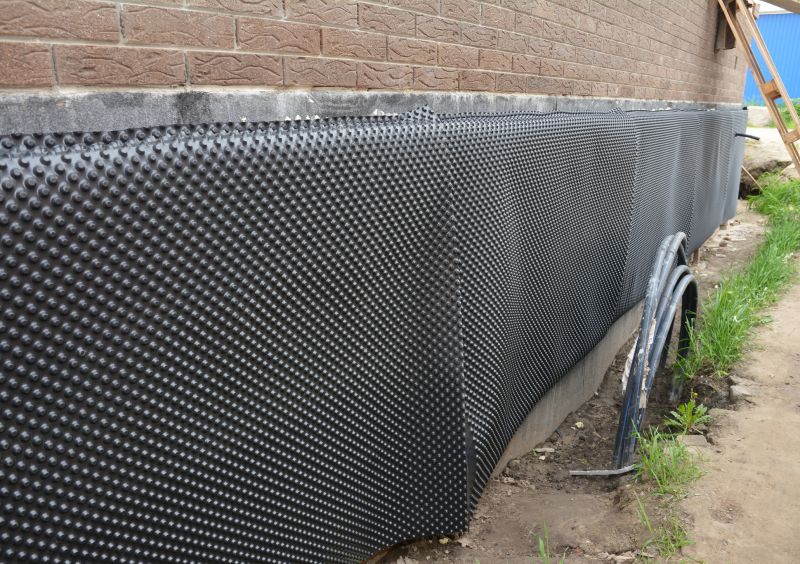
Applying waterproofing during spring ensures protection before summer rains and winter freezes.
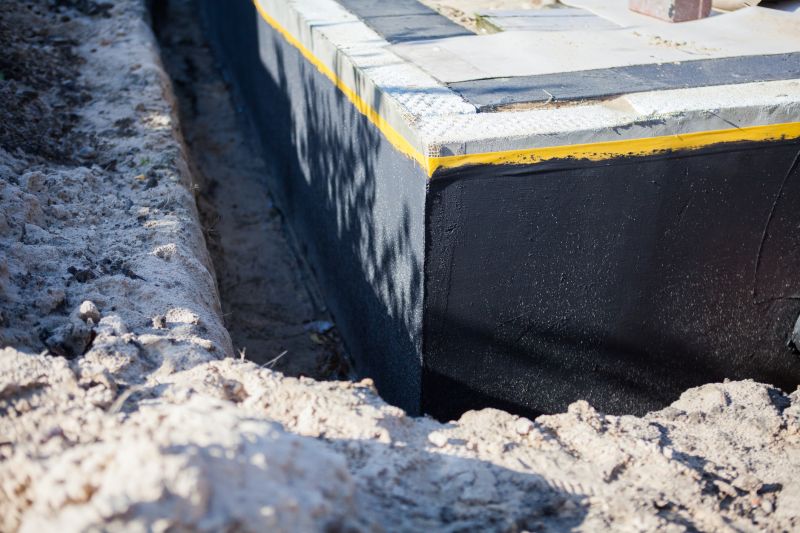
Warm summer weather facilitates quick curing of waterproofing materials.
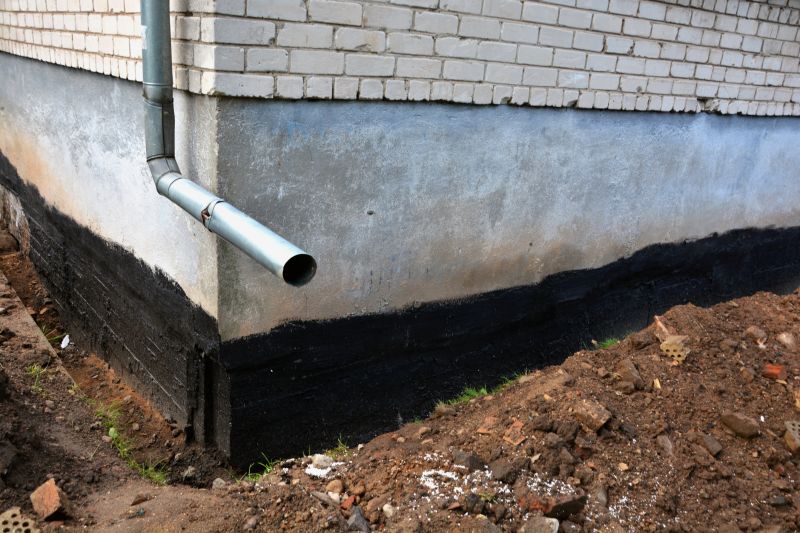
Fall is ideal for preparing structures for winter moisture exposure.
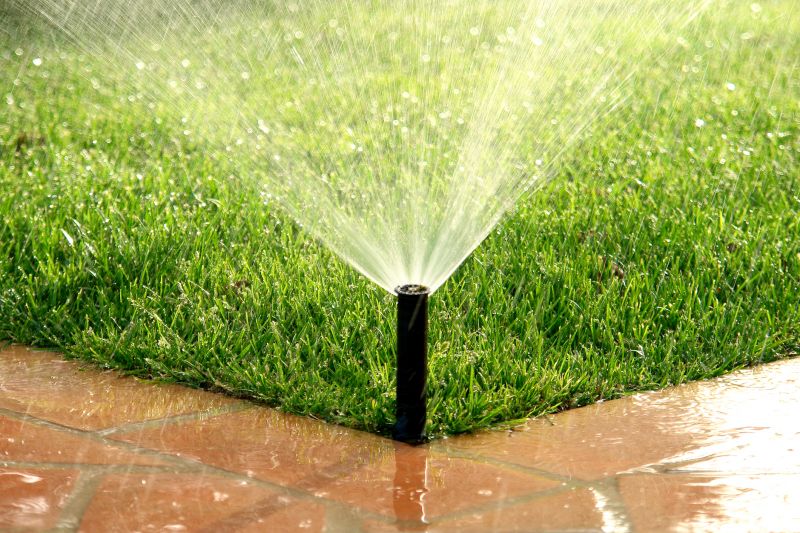
Winter applications are discouraged due to freezing temperatures.
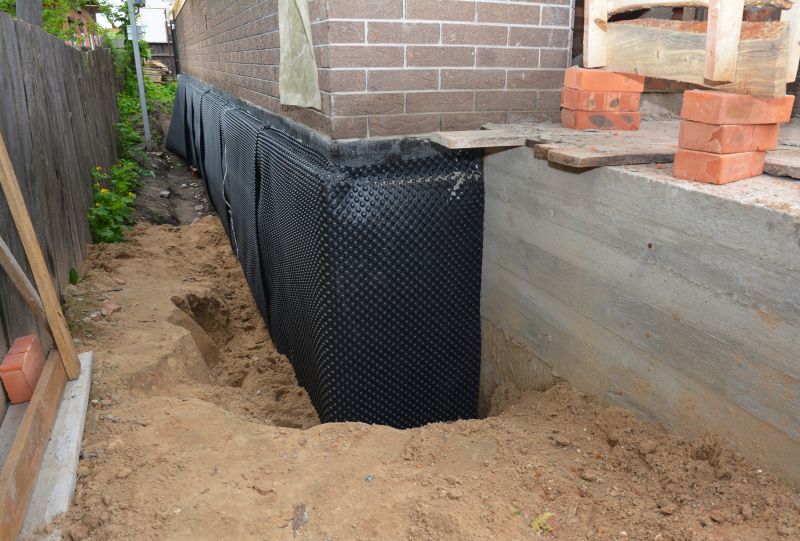
Mild, dry weather ensures the best results.
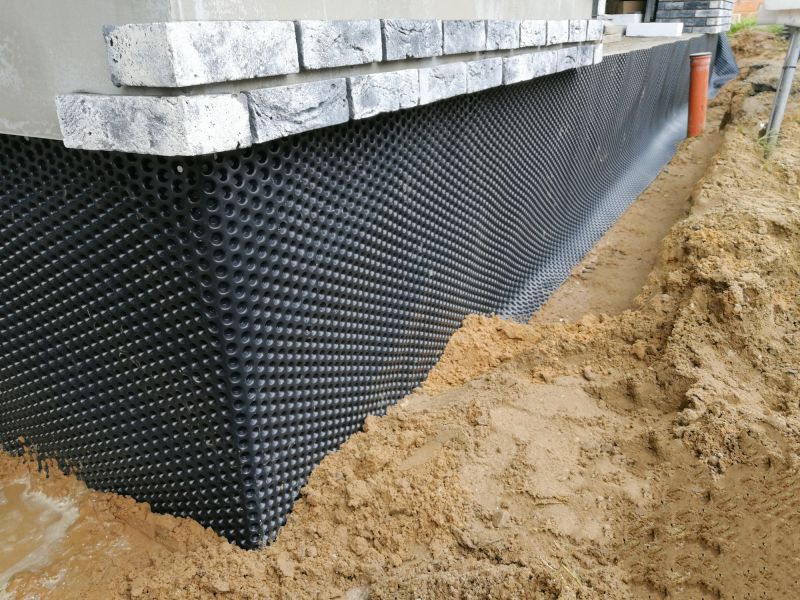
Use of high-quality materials suited for seasonal conditions enhances durability.
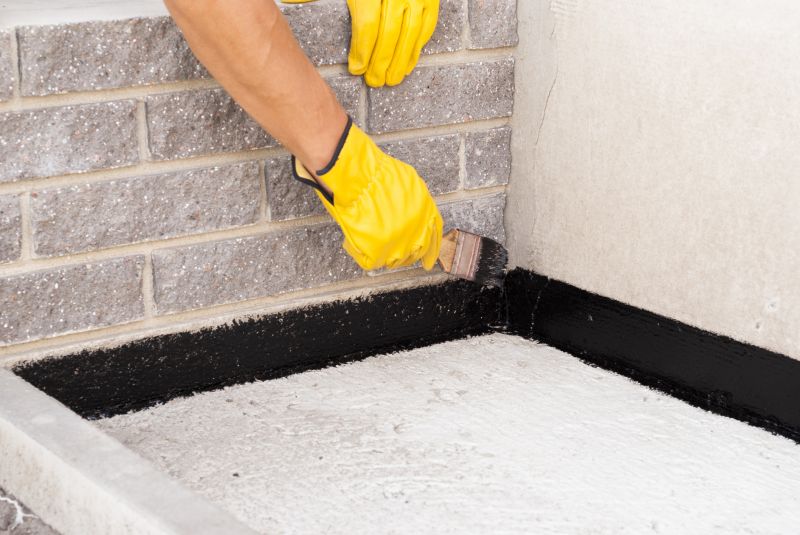
Proper surface cleaning and drying are essential for effective application.
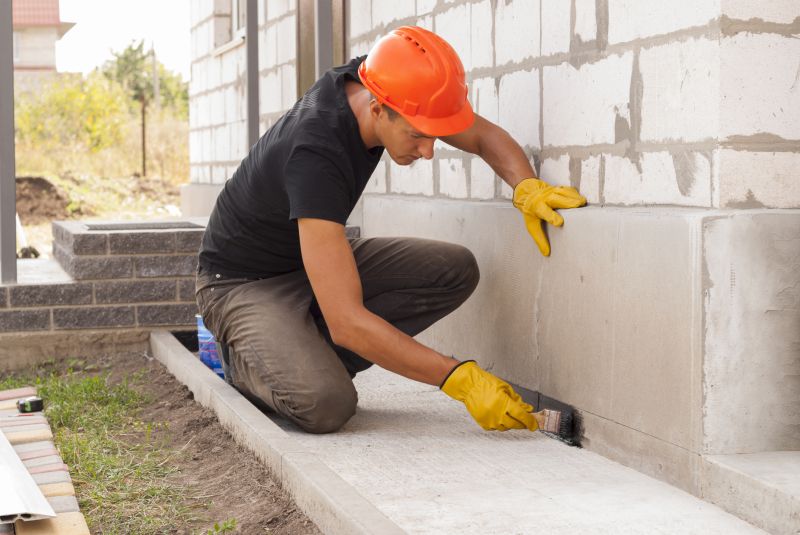
Allow sufficient curing time and avoid exposure to water immediately after application.
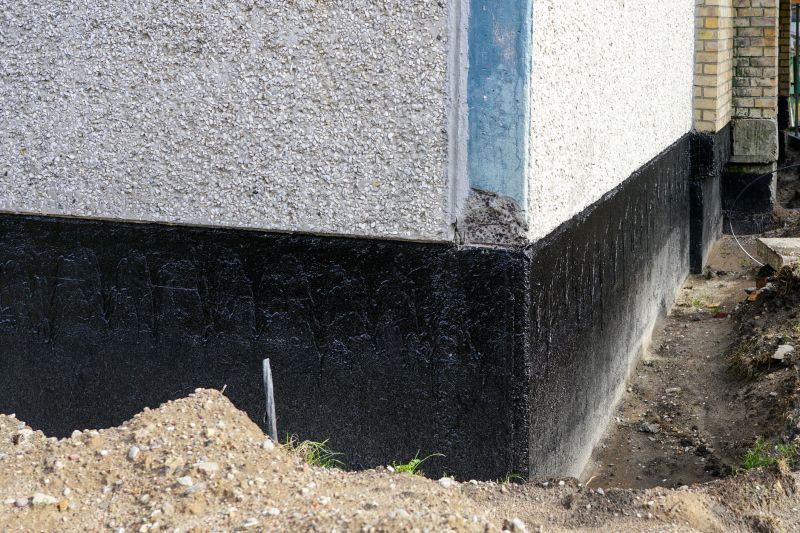
Different techniques are suitable for various seasons and structures.
| Season | Recommended for Waterproofing |
|---|---|
| Spring | Yes, ideal temperatures and lower humidity |
| Summer | Yes, warm and dry conditions suitable |
| Fall | Yes, prepares structures for winter |
| Winter | No, due to freezing and moisture risks |
Waterproofings are essential for protecting foundations, roofs, basements, and other structural elements from water damage. Proper application timing maximizes effectiveness, minimizes repair costs, and extends the lifespan of the structure. Seasonal considerations, such as temperature and humidity, play a vital role in ensuring the durability of waterproofing solutions. Statistics indicate that waterproofing failures often result from improper timing and application conditions, leading to increased maintenance expenses and structural risks.
Choosing the right time for waterproofing involves assessing weather patterns and ensuring optimal conditions for application. Spring and fall are generally the most suitable seasons, offering moderate temperatures and stable weather. Summer can also be effective if precautions are taken against high temperatures, while winter should be avoided due to freezing risks. Proper planning and timing can significantly enhance the longevity and performance of waterproofing systems.
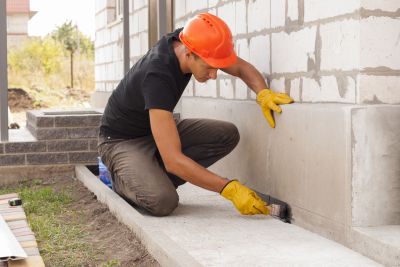
Application during suitable weather ensures maximum effectiveness.
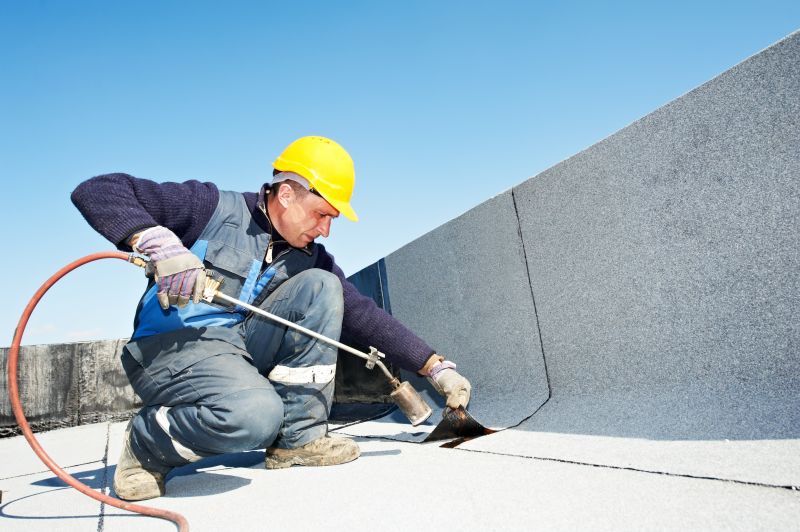
Matching the season with proper materials enhances durability.
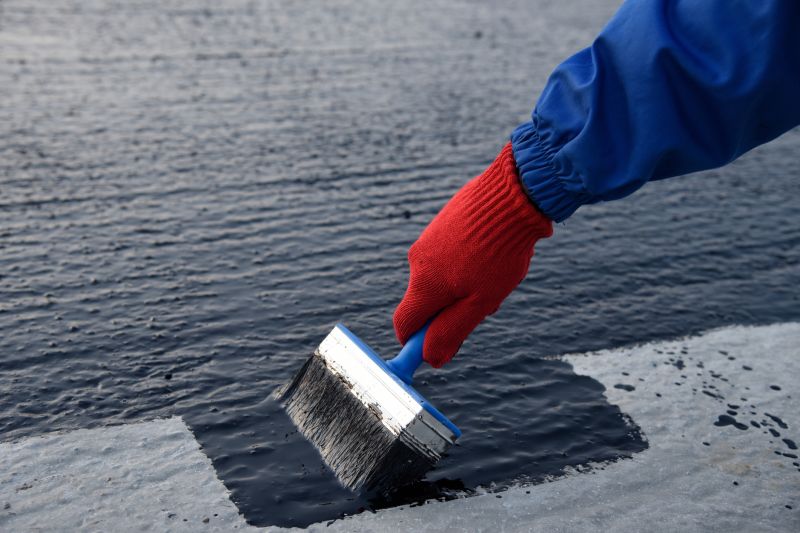
Surface cleaning and drying are crucial before application.
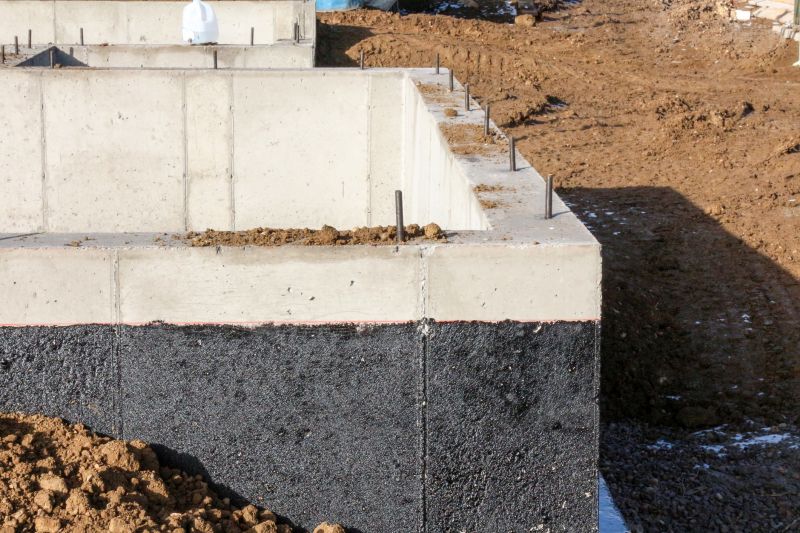
Allow adequate curing time for optimal results.
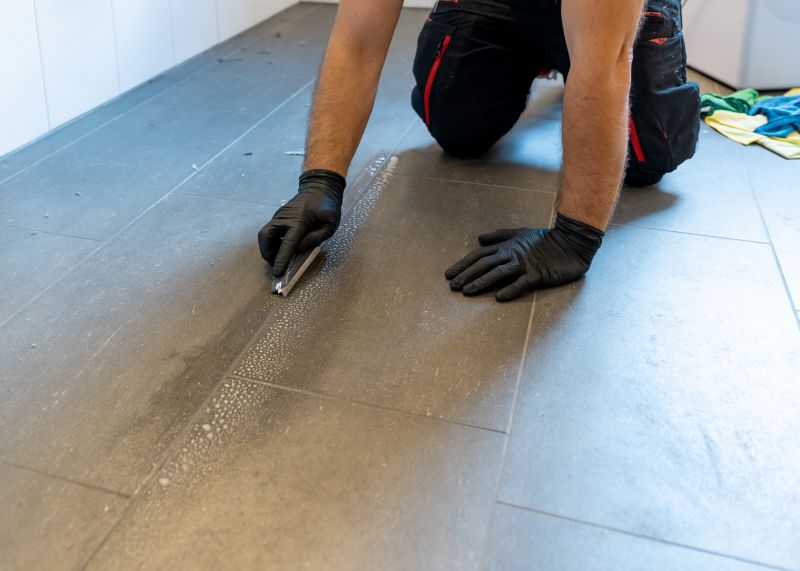
Ways to make Waterproofings work in tight or awkward layouts.
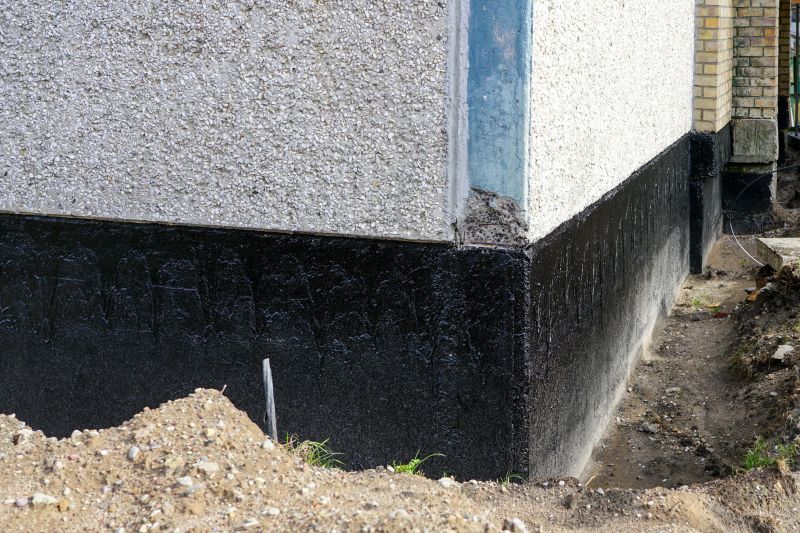
Popular materials for Waterproofings and why they hold up over time.
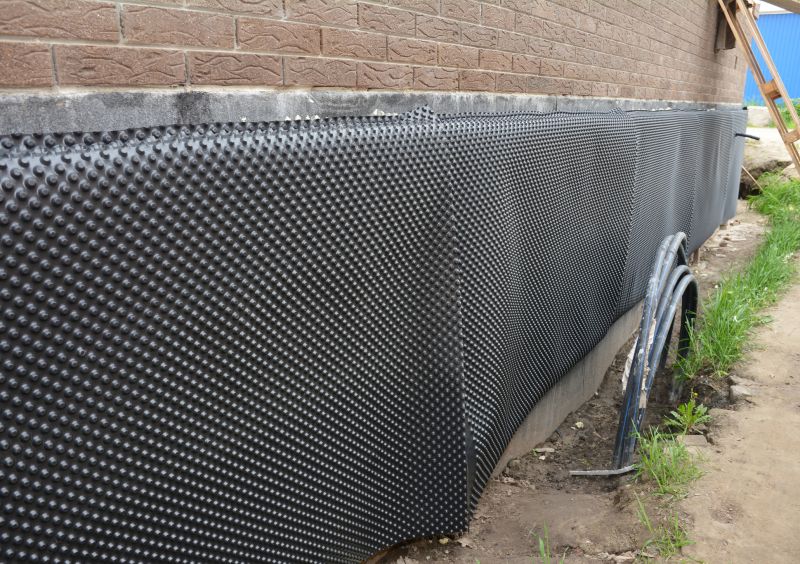
Simple add-ons that improve Waterproofings without blowing the budget.
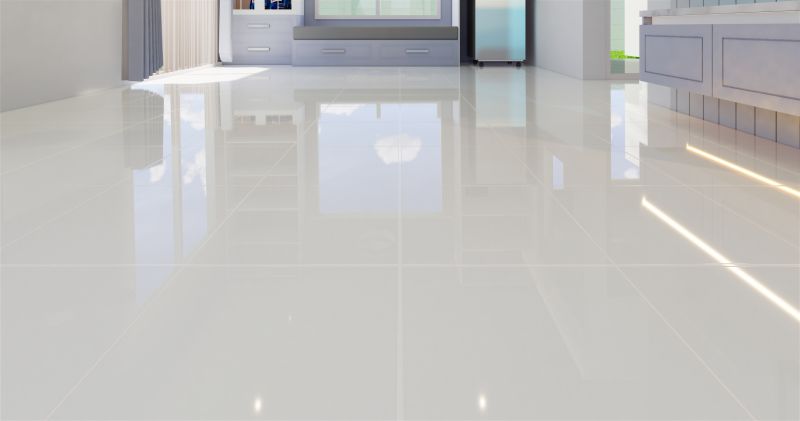
High-end options that actually feel worth it for Waterproofings.
Interested parties are encouraged to contact for further information or to schedule waterproofing services. Proper timing and application techniques are vital for ensuring long-lasting protection against water intrusion, ultimately safeguarding the integrity of structures.


